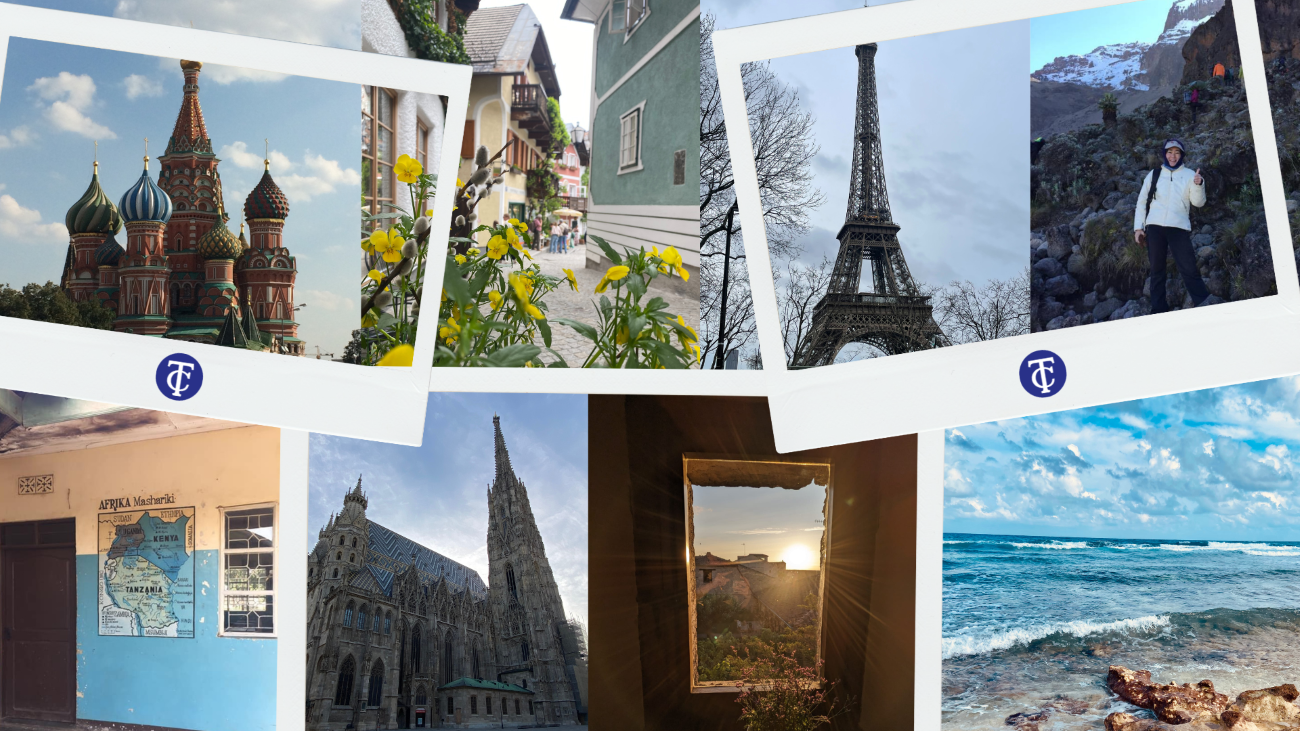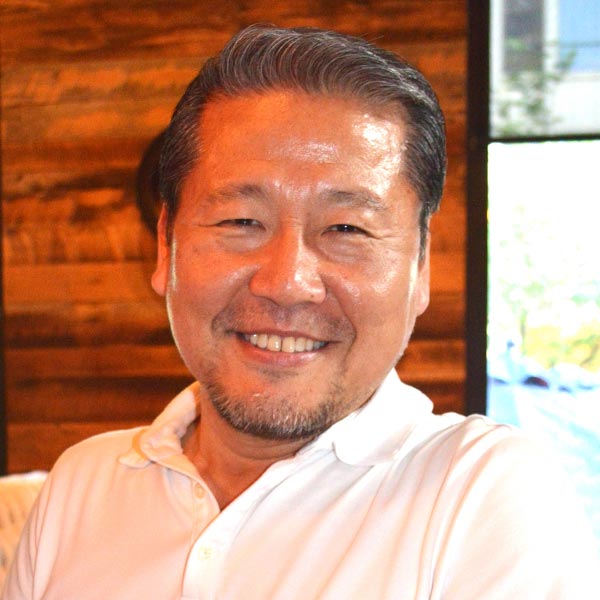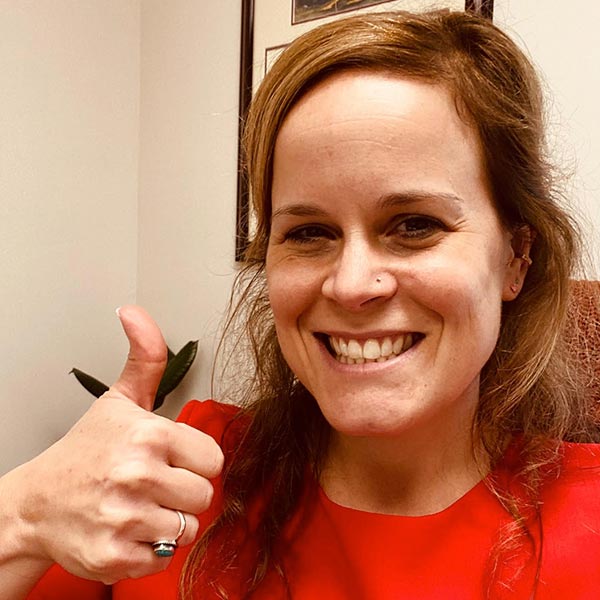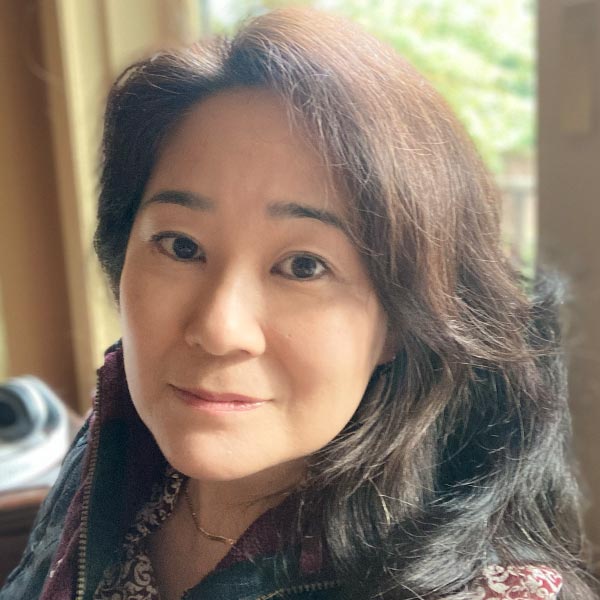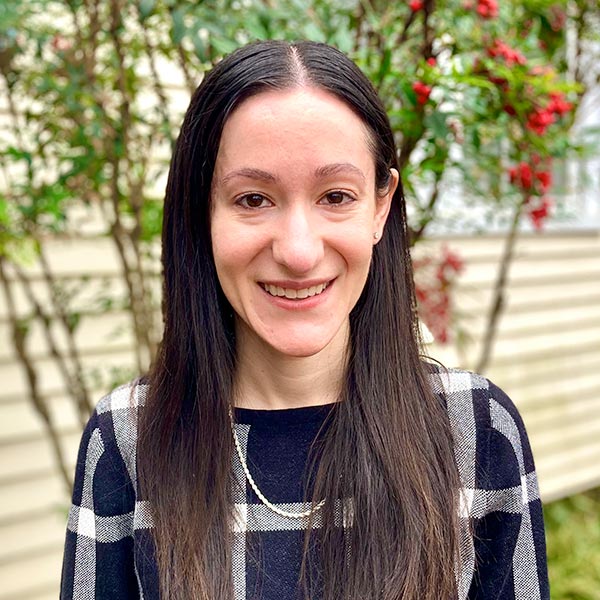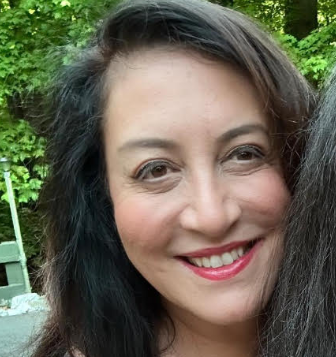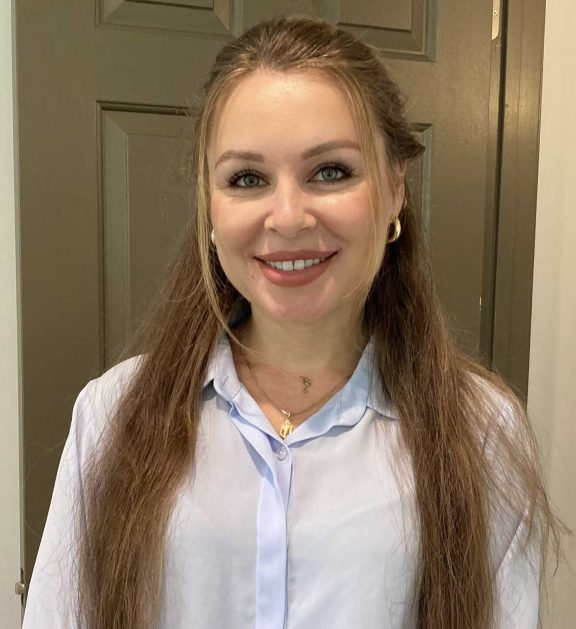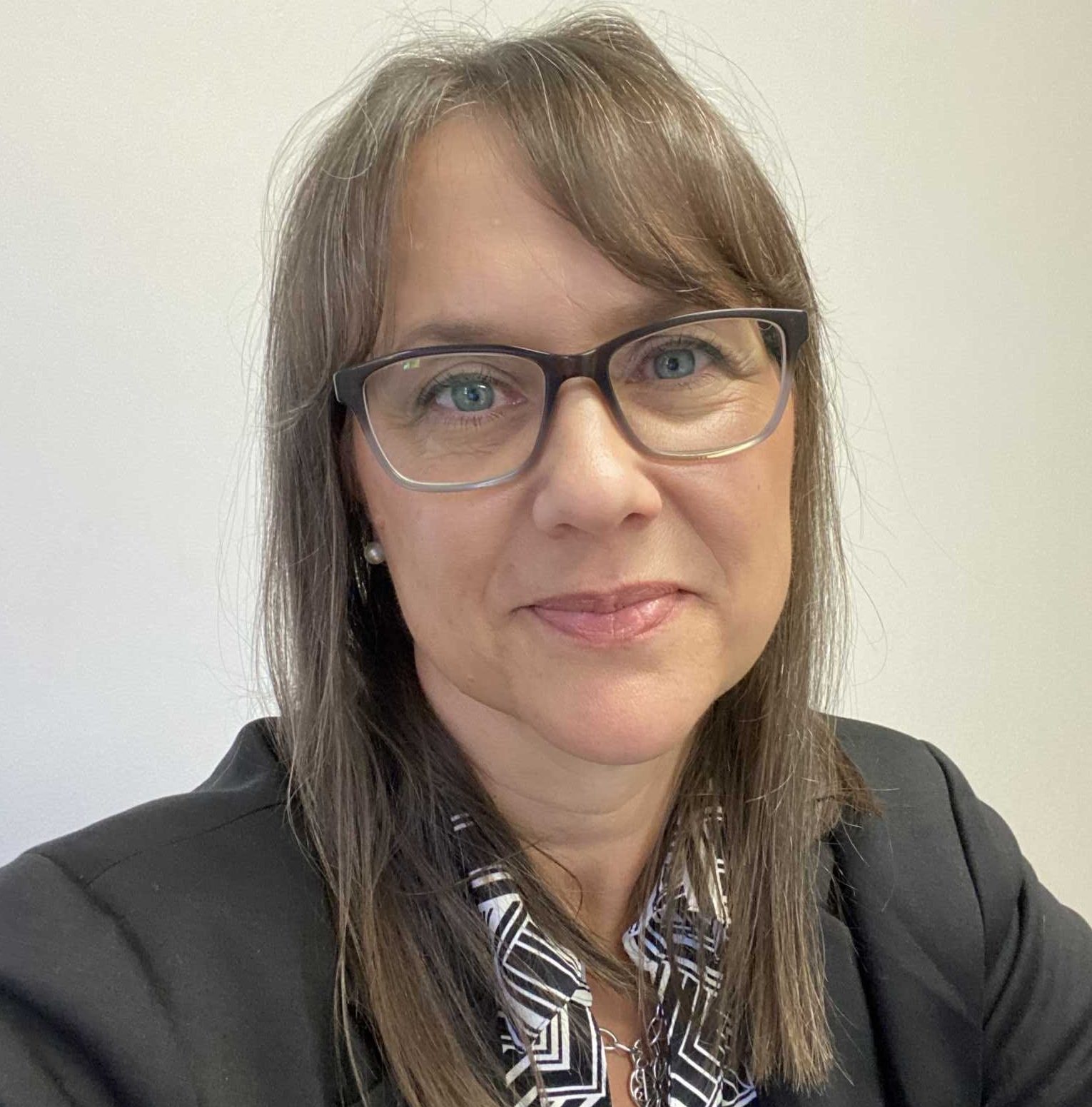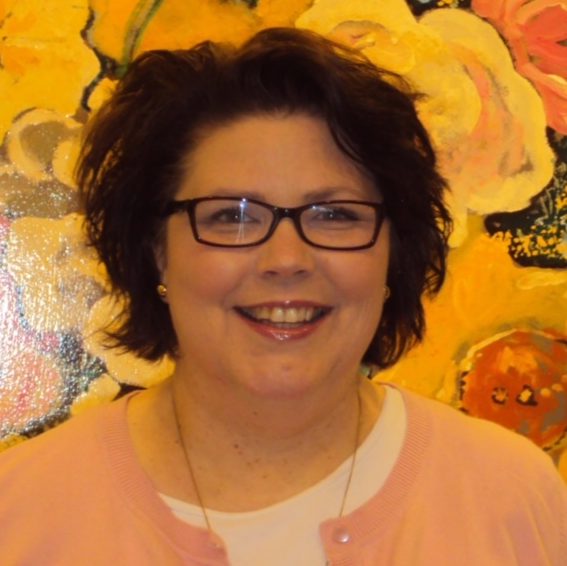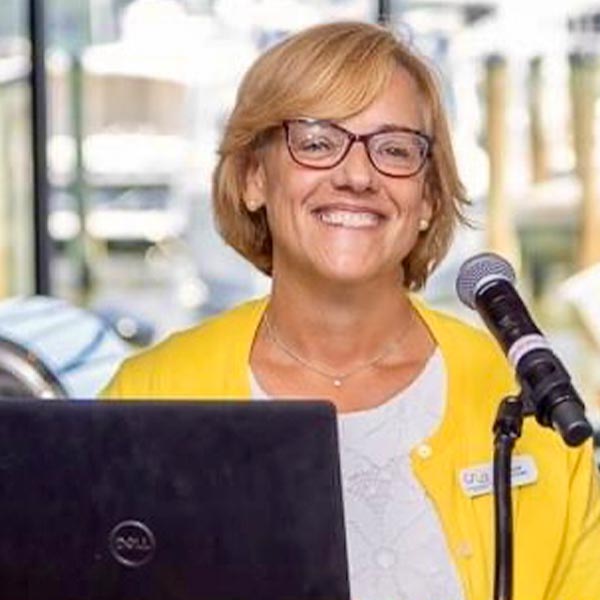We asked our team members to reflect on their international experiences. As it turns out, our diverse adventures offer many common insights.
By Ruth Gabor, PhD, Visa Services Specialist
Step inside Teachers Council, and you will immediately sense its vibrant global character. You will see offices adorned with souvenirs from Mexico, artwork from Asia, Russian matryoshka dolls, and other treasures from around the world. You might overhear conversations in Spanish or be tempted by Filipino candies in the kitchen. You may even find yourself wondering, Where am I?
Our organization reflects who we are and the work we do. With staff from seven different countries and several US states, we are truly cosmopolitan. Many of us have lived abroad, relocated internationally, or spent significant time traveling. And we understand, firsthand, the excitement, challenges, and opportunities that come with life in a new place. (Personally, I have studied abroad twice and even conducted research in the Russian archives!)
To offer a realistic and encouraging view of global travel for current and prospective international teachers—and to introduce the people behind Teachers Council—we asked our staff questions about their global adventures for our blog.
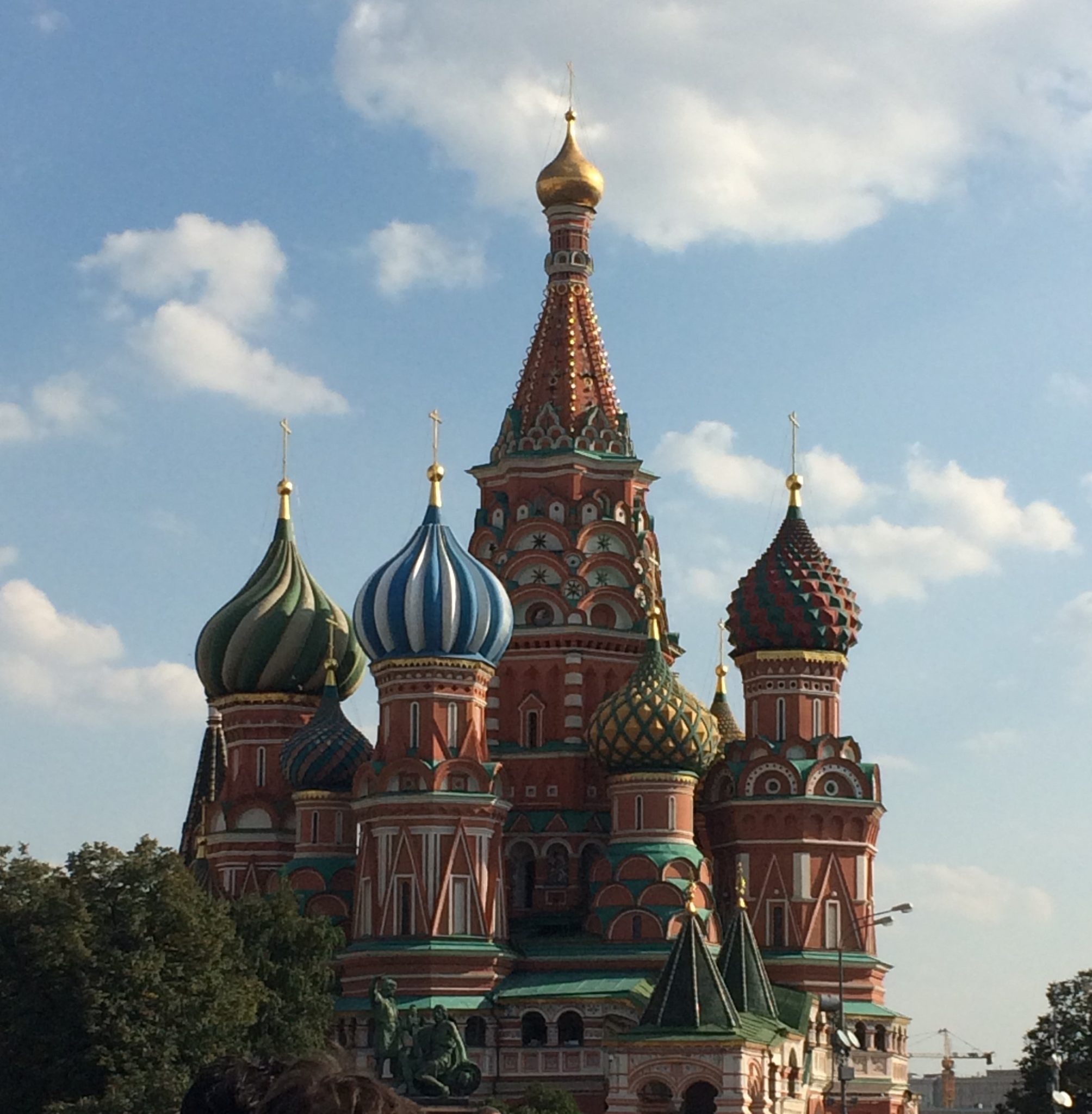
Photo Credit: Ruth Gabor - Captured during a trip to Moscow, Russia. (2018)
Describe a time that you traveled or moved to a different country, and how you grew from that experience.
According to Diana Grechukhina, “In 2016, I moved to the US from Russia all by myself. It was extremely challenging and I often felt out of place to be honest, but this experience pushed me out of my comfort zone, made me look at life from a different perspective, taught [me] other values and beliefs, and made me who I am today: resilient, hardworking, and passionate.”
Lorena Rueda Gonzalez had a similar experience when she came to the US. “In 2015, I left Colombia to come to the US as a J-1 Au Pair. At first, everything felt overwhelming. Over time, I grew so much from my experience. I became more independent, learning how to navigate life on my own in a foreign country. I developed a new sense of confidence, realizing that I could handle whatever came my way. I also became more open-minded, embracing new cultures, ideas, and people. The whole experience taught me to be fearless, as I took on challenges I never thought I could, and each step made me feel more capable.”
Thinking about a time that you visited or relocated to a different country, how do you think that experience impacted you?
The effects of traveling or moving to another country can be long-lasting, if not permanent. This is especially true for Anna Latta. “Visiting other countries ignites my sense of adventure. I love learning about other cultures, and experiencing things I’ve never done before. It can be intimidating going somewhere new and different, where you won’t fit in. But the only thing I’ve lost in my experiences abroad is my fear of the unknown.” For Anna, who moved to the US from Canada as a teenager, traveling has sparked a lasting love for exploration and novelty.
Yoshiko Kamiyama, a seasoned traveler, believes that the places we visit leave both physical and emotional imprints. “Experiences seep into you and become a part of you. The different kinds of soil you walk on seeps into your body—the red earth of Tanzania, the white clay salt earth of the Pantanal, the metamorphic rocks of NY—I feel them a part of me. The earth seeps into you, and you become part of the land, the earth.”

Photo credit: Yoshiko Kamiyama - Captured during a trip to Mt. Kilimanjaro, Tanzania. (2018)
Share any thoughts on how international travel has impacted your life trajectory or career path.
Chrissie Friedrichsen, who previously studied abroad in Rome, Italy, and worked in Puerto Vallarta, Mexico, exemplifies how travel can shape one’s professional path. “I’m here now doing this! Paying it forward in a sense. My daughter’s middle name is Roma so I imagine she might visit Rome one day… I continue to travel often and crave new experiences. My kids are already avid travelers and open to new experiences and new adventures so can’t wait to see where their journeys take them later on in life.”
Nathalie Massip proactively sought out opportunities abroad to help her achieve her career objectives: “As a French citizen, I started traveling to the UK to improve my English, as I planned to teach English in my home country. Then I went to graduate school and became a teaching assistant in the US and it allowed me to discover different perspectives on learning and teaching.”

Photo credit: Maria Granone - Taken during a trip to the Eiffel Tower in Paris. (2024)
What do you think is the biggest benefit of international travel and why?
Across our team, there is a shared belief that international travel broadens our perspectives, deepens our understanding of the world, and heightens our sense of humanity. As our President, Nick Spagnolo, puts it, “Understanding and empathy [are the biggest benefits of traveling abroad]. The beauty of the world and people is all around us. When you visit somewhere, you gain a more realistic – experience based – idea of the place and people. You make friends and connections, you may find new opportunities and set new goals.”
Maria Granone, a frequent world traveler, adds, “The biggest benefit is that I get to experience different cultures, be more open to new experiences, people and food and it significantly expands the world I live in.”
And for Robbin Turco, who also travels abroad, exposure to different cultures reinforces growth on an individual level: “One of the biggest benefits of international travel is personal growth because it broadens your perspective of other cultures.”
What are some of the biggest challenges you faced while in a new/different country?
Our staff members experienced a variety of challenges while acclimating to life abroad. “Some of the biggest challenges I’ve faced…have been language [barriers], adjusting to different foods, and adapting to unfamiliar weather,” says Lorena.
“The biggest challenge was the overwhelming feeling I had when I needed to do things that should have been simple,” according to Anna. “It felt like learning to be an adult when I thought I already was. When talking to friends and family back home, they’d tell me that the challenges I was facing were simple, but I couldn’t bring myself to take the first step sometimes.”
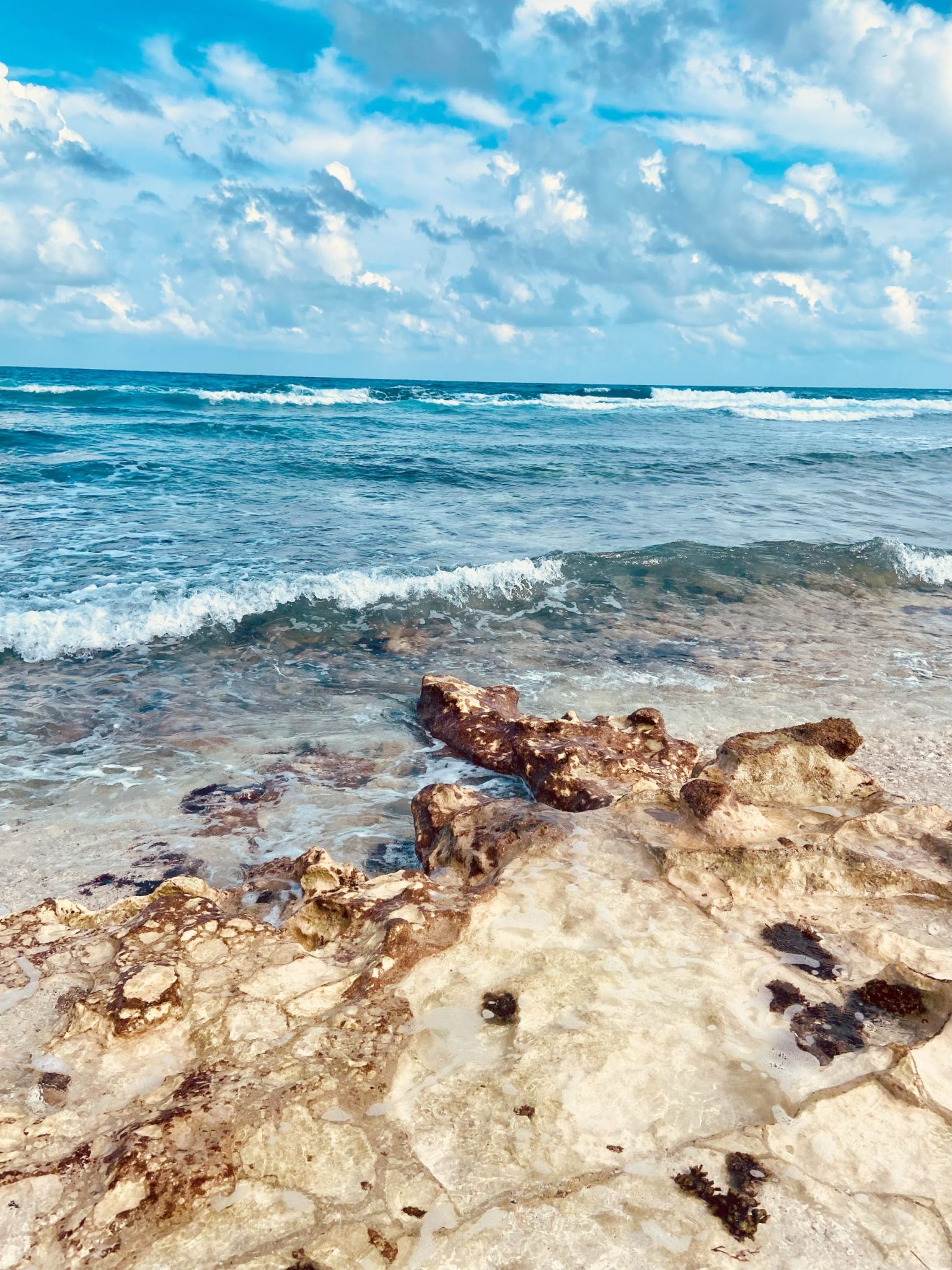
Photo credit: Chrissie Friedrichsen - Taken during a trip to Isla Mujeres, Mexico. (2025)
Share about what it was like to adapt to life in a different language.
Adapting to life in a different language can be “at times challenging, at times—awkward,” according to Diana. “During my early college years, I would omit answering a question out loud although I knew the answer because I didn’t want people to hear my accent and perceive me differently. Today, I don’t think I have that problem anymore, but sometimes it’s hard to switch languages. Especially when you communicate in English all day and then you have to speak with your relatives in Russian and it takes you a while to recall the right word,” says Diana.
Nathalie shares a similar experience: “As an au pair in Ireland, I quickly realized that having majored in English did not help me much as I did not know much about everyday vocabulary. Discovering more about a foreign language is also discovering many things about body language and broader cultural practices and habits. It was also beneficial to be able to observe how people speak and interact to enrich my own linguistic competence.”
For Robbin, it was challenging to get around. “It was frustrating trying to navigate the train stations, airports and public transportation in a different language,” she says.

Photo credit: Anna Latta — Taken during a trip to Hallstatt, Austria. (2025)
Describe how culture shock affected you. What resources or tactics helped you get through culture shock?
Culture shock is often an inevitable aspect of living abroad for an extended period of time. Many of us have experienced this first-hand. But we have all worked to overcome it.
Chrissie’s words will hopefully inspire anyone to push through culture shock: “Made me feel restless, anxious, would cry at the thought of calling home to hear my mom’s voice so…I kept busy, exercised, ran at a local track, joined a local gym, went for walks, spent lots of time outside, made plans so I didn’t allow myself to get bored and feel sorry for myself, traveled to new areas as much as possible, said YES to all invitations to be social and meet new people, tried to eat healthy, would occasionally watch a US movie or listen to US music to make me feel centered and give me a sense of familiarity, found local bars and hangouts where Americans frequented to chat with someone from home from time to time. Creating routines also helped!”
Interestingly, culture shock is not limited to international moves. Some of our team members experienced it while moving to a different US state. “I experienced culture shock when I moved from Albuquerque to Maryland. I did not know I was experiencing culture shock, all I knew is that I was having a difficult time and I did not know how to deal with it,” says Maria.
For Robbin, it was challenging to get around. “It was frustrating trying to navigate the train stations, airports and public transportation in a different language,” she says.

Photo credit: Maria Granone — Taken at Poseidon's Temple near Athens, Greece. (2025)
Is there anything else you would like to share about your experiences visiting or living in a different country?
Nick has shared the following impactful message on the topic of traveling or living abroad: “You will find kind and caring people all around the world. Do your best to be that kind and caring person for others. You never know when you may find yourself in a new environment and need to learn to adapt. Some minor things vary by culture—a compliment in one place may be considered rude elsewhere.”
Takeaways from Our Travels
The Teachers Council team has journeyed across the globe. Along the way, we have grown as individuals, navigated culture shock, overcome homesickness, learned (or attempted to learn) new languages, and adapted to unfamiliar cultures. These experiences have shaped not only who we are personally, but also who we are collectively as an organization. We hope our stories encourage you to step outside of your comfort zone, embrace cultural differences, and discover meaningful connections near and far. Your next adventure awaits!
Related Posts

Embracing a Different Environment: Expectations vs. Reality

From Mexico to Idaho: Yesi’s Cultural Connections


